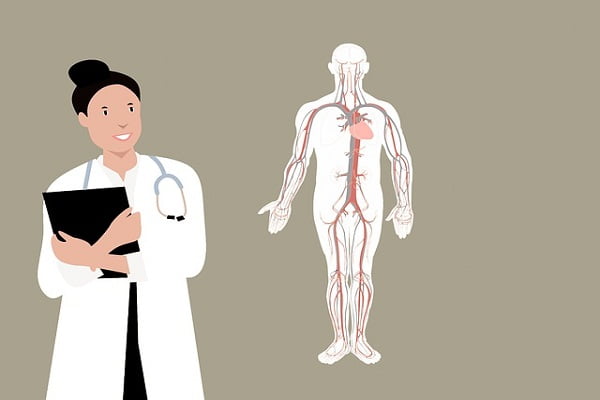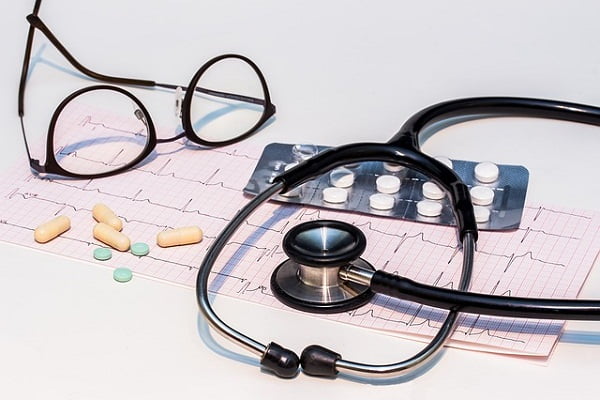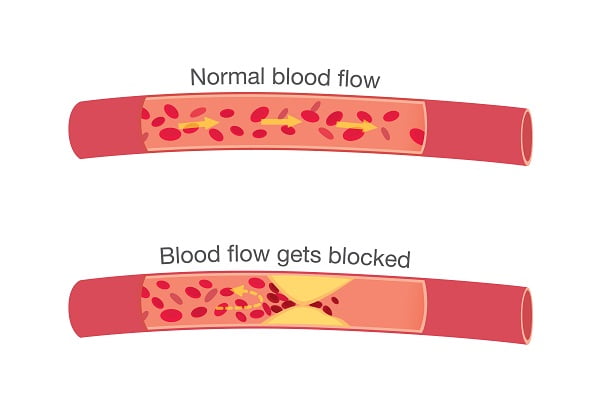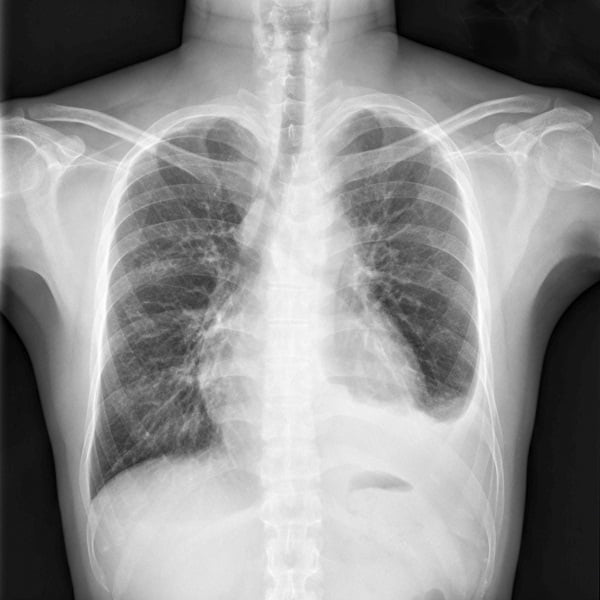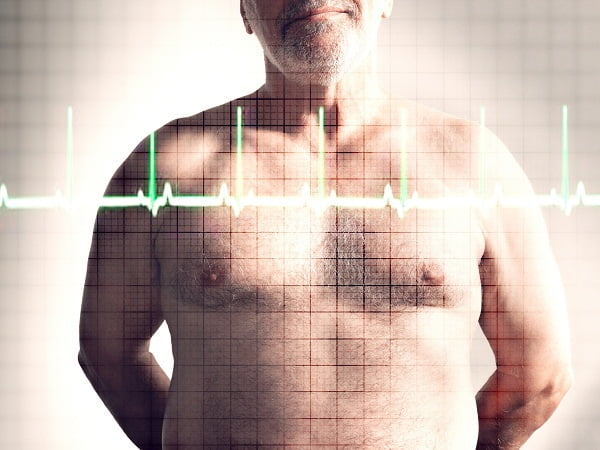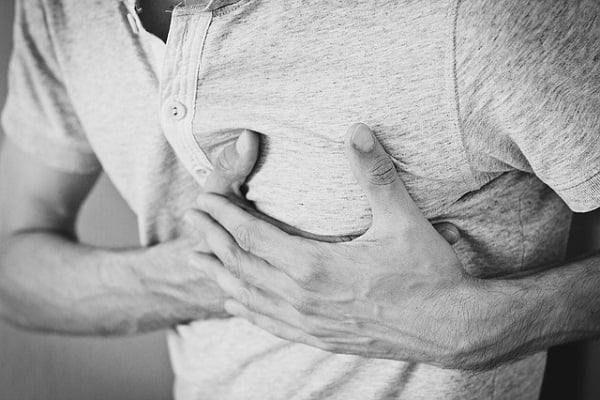Browsing: Heart

The page provides quick access to a list of common heart diseases, syndromes, health conditions, and other topics of health importance about your heart. The list is organized alphabetically. Links are provided to respective diseases sections that serve as a comprehensive and ultimate guide about the disease or health condition.
Our heart is the most sophisticated working muscle in the body. A heart beats about 100,000 times in a day. It continuously supplies oxygen and nutrients throughout the body. The heart also pumps blood to expel waste products such as carbon dioxide to the lungs, which has to be eliminated from our body.
Proper heart function is highly essential to support life. There are many types of heart diseases that can occur if the heart does not function properly or if any other organ, influencing the heart, does not function efficiently. Most heart diseases are lifelong conditions, and if experienced once, they can create problems throughout your life and sometimes can be a cause of death.
The Centers for Disease Control (CDC) states that heart disease is one of the leading causes of death in the United Kingdom, United States, Canada, and Australia. In the US, one in every four deaths occurs due to a heart disease.
Some of the common heart diseases and heart conditions are coronary heart disease, enlarged heart, heart attack, irregular heart rhythm, tachycardia, atrial fibrillation, congenital heart diseases, heart attack and hypertension. In the United States, the most common type of heart disease is coronary artery disease (CAD).
How Is Angina Treated?
There are many options for the treatment of angina, including changes in lifestyle, drugs, medical procedures, and surgery. The goal of these treatments is to reduce the frequency and severity of your symptoms and to lower the risk of heart attack, stroke and death. You may be given a combination therapy.
How Is Angina Diagnosed?
Your doctor will examine you first and ask questions about your symptoms and medical history. He may ask you about family history of heart diseases. Sometimes, diagnosis of angina is possible through the physical examination only. If needed, your doctor may want to carry out a health check and recommend some tests.
If your doctor suspects arrhythmias, your doctor will use a variety of tools to diagnose arrhythmias. The most effective way to diagnose an arrhythmia is through electrocardiogram (ECG). It records your heart rhythm. If the ECG doesn’t show any problem, your doctor will recommend other tests such as stress testing, angiography etc.
Angina is a term used for describing the chest pain caused by reduced blood flow to your heart muscle due to an underlying disease. Angina is generally a symptom of coronary artery disease and not a disease in itself. Angina is typically described through symptoms such as squeezing, pressure, heaviness, or pain in your chest.
Treatment for Arrhythmia (When Your Heart Rhythm Isn’t Normal)
Treatment of arrhythmia depends on the cause and severity of the condition. Mostly, no treatment is needed. Your doctor may recommend medicines or medical procedures if required. Sometimes, surgery may be needed if coronary artery disease is the cause of your arrhythmia. Your doctor may ask to make certain lifestyle changes.
What Does It Mean to Have an Enlarged Heart (cardiomegaly)? An enlarged heart (known as cardiomegaly in medical terms) isn’t…
A heart murmur is the sound of the turbulence of the blood flow in your heart. It isn’t a disease in itself but may indicate an underlying heart disease. Patients who have abnormal heart sounds or abnormal heart murmurs may show symptoms or signs of the underlying disease.
Heart Rate by Age
Heart rate (also called as pulse) is the number of times your heart beats every minute. The average resting heart rate (that is when you are sitting or lying calmly) slows down progressively through childhood toward adolescence. Read this article to know your average normal heart rate according to your age.
An enlarged heart is generally treatable but can result in serious complications without treatment and even sudden death. It can increase the risk of deadly blood clots and cardiac arrest. Enlarged heart’s left ventricle can cause heart failure. The risk of sudden death increases during exercise or strenuous physical activity.
Prevention of Angina
You can help prevent angina by making certain lifestyle changes. These might improve the symptoms if you already had angina episodes. These include quitting smoking, eating a healthy and balanced diet, learning ways to reduce stress, maintaining a healthy body weight, and increasing physical activity.




